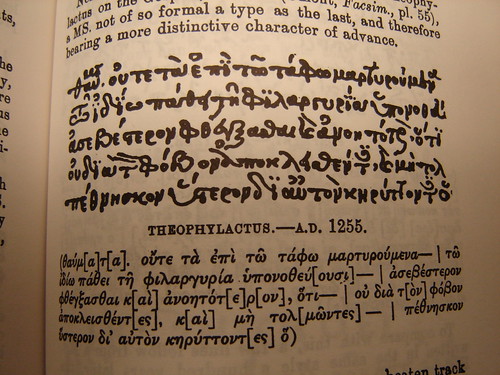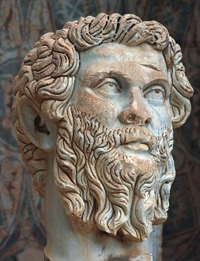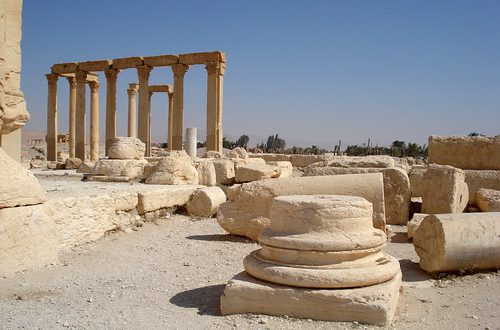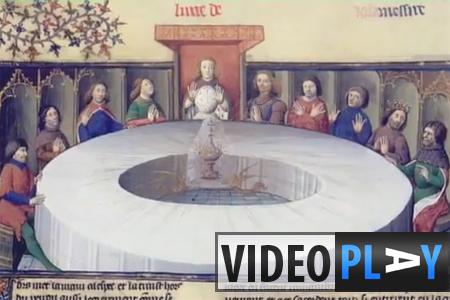Since the economic downturn, colleges and universities around the world have found themselves in a pickle: their income is not what it used to be. Endowment-rich, private American institutions have seen an unprecedented decline in the value of their investments, while publicly funded universities around the world have seen their tax-generated budgets shrunken by unimaginable margins. For the first time in a long time (or, perhaps, for the first time ever) publicly funded and privately funded universities are in the same boat and that boat is sinking.
Academics have reluctantly begun to accept that cuts are inevitable. Sometimes small things are let go refreshments at convocations and concerts, office supplies, coffee in the faculty lounge but more often, the cuts are serious. Lost jobs, lost research funds, and lost students have sadly become commonplace. Drowning in a sea of bad news about the state of the academy far and wide, I admit that I have become numb to news of academic downsizing. I was not, however, too numb to notice some truly shocking news from King’s College, London, where the cuts proposed would not only be bad for King’s, but it would be bad for us all.
As is now well known, King’s College London is proposing to do away with 22 positions in its School of Arts and Humanities as part of a massive reorganisation scheme brought about by a staggering reduction in budget. While the losses at King’s are distressing across the board, one of the most devastating proposals is the elimination of the prestigious Chair in Palaeography, currently held by David Ganz.
Why Palaeography Matters
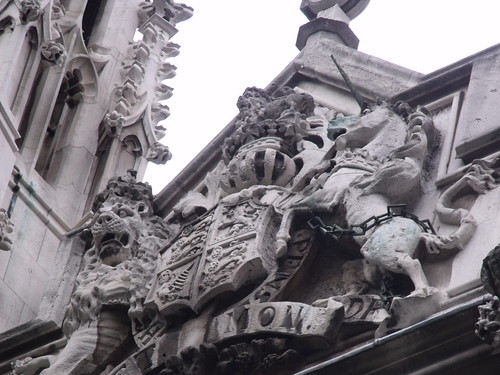 Palaeography is the science of studying, understanding and deciphering ancient forms of handwriting, such as those found in Medieval manuscripts. And while such a course might seem ripe to be plucked in a time of economic hardship, I would in fact argue that palaeography should be the last to go.
Palaeography is the science of studying, understanding and deciphering ancient forms of handwriting, such as those found in Medieval manuscripts. And while such a course might seem ripe to be plucked in a time of economic hardship, I would in fact argue that palaeography should be the last to go.
The point about palaeography is not simply that there is great value in being able to decipher ancient texts this, believe it or not, is the easy part but that there are only a handful of scholars on Earth who have the expertise necessary to help the rest of us understand what the handwriting and the construction of the book can tell us about the people who wrote the text down.
Put differently, while it is often assumed that the text itself is the greatest treasure hiding within the leaves of a Medieval manuscript, often it is the portrait of the people who created the manuscript that is more valuable to us. What glimpse of the past does the handwriting afford us to see that would not be discoverable by any other means? This is the true task of the palaeographer. The type of pen used and how it was held, the colour and consistency of the parchment and ink, the shape of individual letters and layout of lines and pages all of these tell a story about the writer or writers of the book, a story that only the palaeographer can piece together. Which of the subtle details are telling signs, and which are nothing at all?
Join the Campaign
Palaeography is not a skill that one can learn from a textbook. There is no computer program to do it for you and certainly no iPhone app (at least not yet). Rather, one learns how to read ancient script and how to interpret what the script can tells us about the people who wrote it by spending a lifetime reading and studying manuscripts. There is no substitution. A palaeographer, therefore, is the rarest of all academics: his skill is honed by a lifetime of hands-on experience, there but to be forgotten if the master has no apprentice no students.
The Chair in Palaeography at Kings is the only of its kind in the United Kingdom, but the loss of this post would reach far beyond. Not only is there very real risk that our collective ability to decipher and interpret ancient texts will suffer as a consequence of the elimination of this single post, but I fear what this cut will reveal about our generation to future generations. We are, no doubt, a generation that understands costs. The real question is whether we want to be remembered as the generation that lost track of its values?
To help save Palaeography at Kings College London, sign this petition. There is also a Facebook group with more information about how to get involved in saving palaeography (including a letter-writing campaign).
Daniel J. DiCenso is a Doctoral Candidate in the Faculty of Music, University of Cambridge. He is the creator and administrator of the Save Palaeography at King’s London Facebook group.

